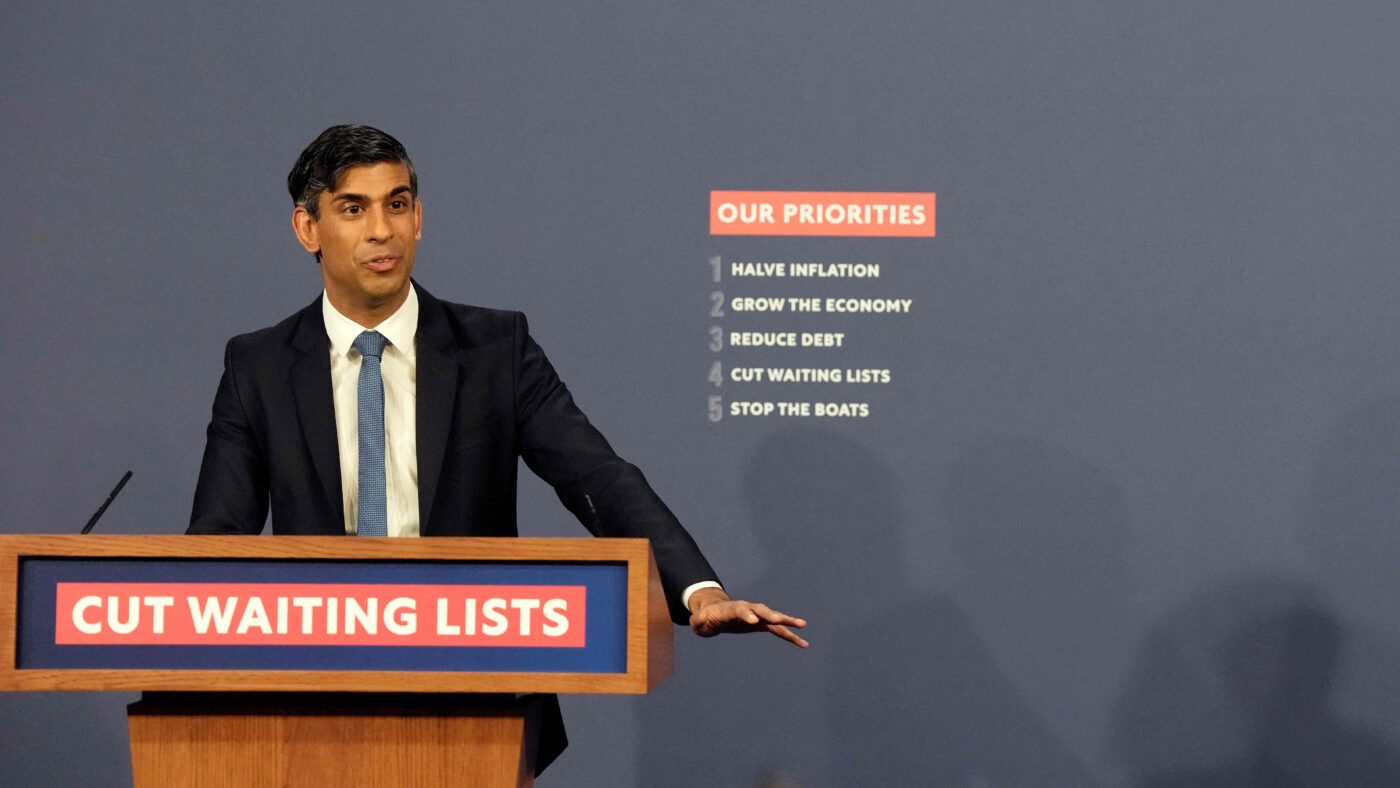There are few things more emphatically British than our collective cognitive dissonance when it comes to Our NHS.
As its 75th anniversary approaches, we continue to treat the health service with quasi-religious awe, as if universal healthcare were a uniquely British achievement. You’ll struggle to find a purer demonstration of this cloying piety than a children’s choir singing Happy Birthday to the NHS on Newsnight, a comically weird spectacle more suited to a totalitarian backwater than a 21st century state with pretensions to seriousness.
At the same time, however, recent polling suggests that, even as it demands an ever-increasing proportion of our economic output, only 33% of us think the NHS is actually providing a good service.
It was to deal with that reality that NHS England this week published its 150-page, 15-year Long Term Workforce Plan, which chief executive Amanda Pritchard called ‘one of the most seminal moments in our 75-year history’.
Pritchard can be forgiven a bit of hyperbole, given the direness of the problems in front of her. The service is already 112,000 staff short of what it needs, and without ‘concerted and immediate action’ the NHS forecasts that number will grow to between 260,000 and 360,000 staff by 2036/37. Over the same period the number of people over 85 is set to increase by 55%. Given that over-65s already occupy about two thirds of inpatient beds, you don’t need strong binoculars to see the problems coming down the track.
Much of the emphasis is, understandably, on recruitment: all being well, by 2031 we will have doubled medical school training places, increasing GP training places by 50% and nurse training places by 92%. Aiding that effort will be new medical schools, more apprenticeships and, potentially, shorter medical degrees to speed up the pipeline from training to work.
In the warped world of NHS finances, this package isn’t that expensive, either. The Government projects spending of £2.4bn on the recruitment and training drive, which it says will be comfortably covered by £10bn of potential savings on expensive agency staff.
Taking on more doctors and nurses isn’t much use if you don’t keep hold of them, however, hence the second prong of the plan – Retention. What’s strange is that despite warm words about ‘staff experience’ and ‘compassionate and inclusive behaviours’, the Plan says almost nothing about salaries. Given the number of days already lost to pay-related strikes this year, that is a pretty gaping omission. A missed opportunity too, to at least start the road to reforming a pay structure that is monolithic, often unfair and sometimes downright bizarre (as Dr Paul Goldsmith has documented on our pages).
One gets a similar sense of unease about a ‘Reform’ section that makes ‘an ambitious labour productivity assumption of up to 2%’. That is not wildly implausible, but certainly a ‘big ask’, given that according to the Health Foundation, the average since 2010 has been 1.5%.
Overall, the individual measures in the Plan seem reasonable. The NHS clearly needs more staff and needs to do better at stopping them leaving – either for sunnier climes or for different professions altogether.
But workforce alone is only one side of the coin. Given the demographic pressures, tackling the demand for services is just as important. That’s why the kind of targeted prevention measures sketched out by the Health Secretary at the Centre for Policy Studies this week will be every bit as vital at the Long Term Workforce Plan.
Click here to subscribe to our daily briefing – the best pieces from CapX and across the web.
CapX depends on the generosity of its readers. If you value what we do, please consider making a donation.


